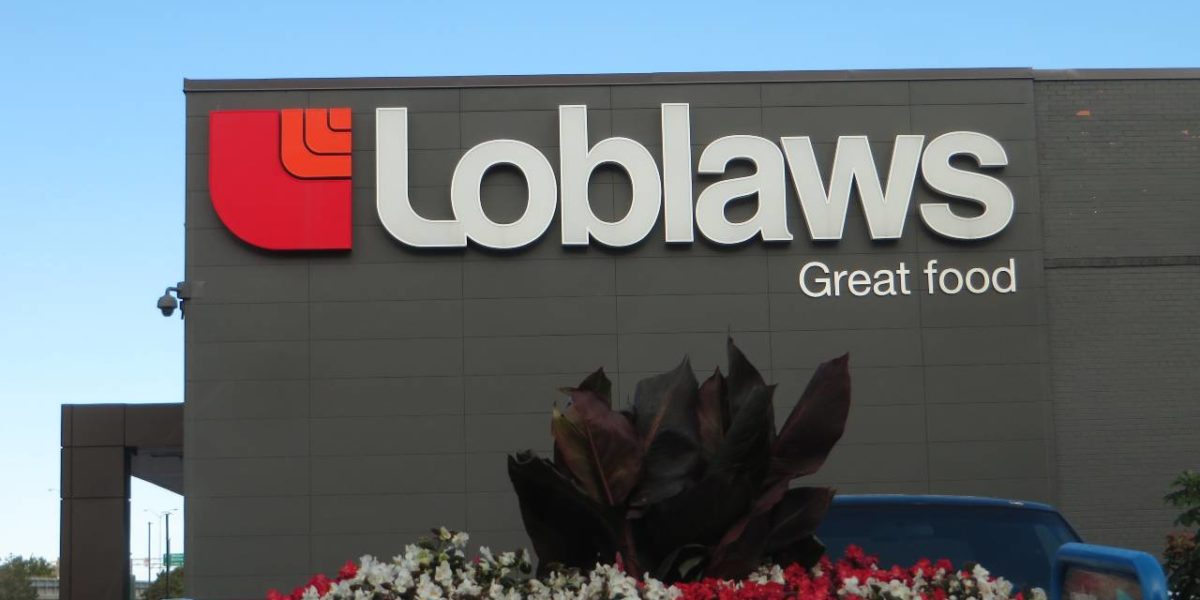The boycott of Loblaws food stores in protest of rising food prices and blatant profiteering is ongoing.
In late May the organizers of the boycott extended the boycott indefinitely, all the while anxiously awaiting the impact of the boycott on the quarterly financial statements of George Weston Limited. First quarter statements had Loblaws posting more than $459 million in profits, close to a 10 per cent increase. The boycott included more than 70,000 people when it began on May 1, but numbers have no doubt increased since then.
Why Loblaws?
Well, if you will recall Loblaws was the highlight of a recent bread price-fixing investigation that uncovered 15 years of collusion. Consumers received a $25.00 gift card!
Loblaws also holds close to 30 per cent of the retail grocery market! And it controls many brands under its banner, which is what makes adhering to a boycott under these conditions so difficult. The retail giant includes such stores and brands as Shoppers, Valu-mart, No Frills, President’s Choice, Real Canadian Superstore, Pharmaprix and more.
And so — do boycott’s have an impact?
The other day while carefully shopping for groceries, the impact of boycotts in my life was pretty clear. Specifically, I was seeking out BBQ sauce. Since I do my best to shop wisely, a tasty looking and less expensive sauce popped out from a lower shelf. It was made by Kraft. Nope – still not buying Kraft.
I am held back from buying any Kraft products stemming from the ‘70s, and a boycott of Kraft products organized by farm groups back then. I was in my teens when that boycott was initiated. How many dollars of Kraft products have been left on the shelf by me over close to five decades? Maybe $10.00 or so a week given cheese, ketchup, mustard, BBQ sauce, cookies, chocolates and more… Add it up. And add up others like me… well you get the picture of how boycotts can have an impact.
The morale of the story: once you change a person’s buying habits, there is often no going back. This rabble.ca column about the book Frontline Farmers, includes information on the Kraft Boycott.
Meanwhile the more concentrated the food retail sector, the more difficult it is to have an impact on a corporation like that held by the Weston’s.
Initially the boycott began in an effort to push Loblaws to sign the industry-led Grocery Code of Conduct. And though Loblaws has changed its position on this, and officially announced it would sign the code on May 16, the boycott seems to be garnering even greater momentum on a number of equally important issues.
Some of these are:
- No further retailer-led price increases for 2024
- No further increases to dividends
- Increased cost transparency; i.e. identifying the items which have undergone “shrinkflation”
- A commitment to affordable pricing. Ie price caps on essential items
- A commitment to ending price gouging, with prices quickly reflecting the market.
Readers can keep updated on the boycott by going to the Reddit community group “loblawsisoutofcontrol” where it began. The group can be found on other channels including Instagram and Facebook.
There is also a Parliamentary petition that has garnered more than 15,000 signatures since it was initiated on May 3. It is open for signing through to August 31. Petition e-4974 includes clauses calling for stronger antitrust legislation, more thorough investigations into price-fixing, increased supports for consumer protection agencies, as well as calling for the exploration of price controls, among other issues.
And most recently, Weston and Empire, have come under investigation for their involvement in what are known as REITs – Real Estate Investment Trusts. Canada’s Competition Bureau has launched an investigation into the parent companies of both Loblaws, owned by Weston, and Sobeys, owned by Empire, citing anti-competitive market practices and lease agreements that try to restrict potential clients and activities and consequently hamper competition for real estate in the grocery market. That investigation will be grist for another column.
Meanwhile, people need to eat and so need to know what the alternatives might be during a boycott. Some may have more shopping choices than others depending on where they live. But setting new shopping patterns can come with support these days through online directories for local producers.
Enter AltGrocer. This online directory is a crowdsourced platform, providing alternative local grocery stores, bakers, and farmgate or farm markets. There is enough information here to change your buying habits for years to come. This directory covers alternatives to the Loblaws and other grocery giants of the world, and new vendors are constantly being added. The directory can be filtered by province, city, product, etc. Very detailed and community led. Donations to the effort are welcomed to help keep the site going. Information on the contact page notes that the site has almost crashed a few times given the amount of traffic it is trying to carry.
So then – will the boycott of Loblaws continue to grow and spread to others such as Walmart? Time will tell… but the alternatives are becoming clearer every day.
Thanks to AltGrocer, I have several new local vendors on my list!




